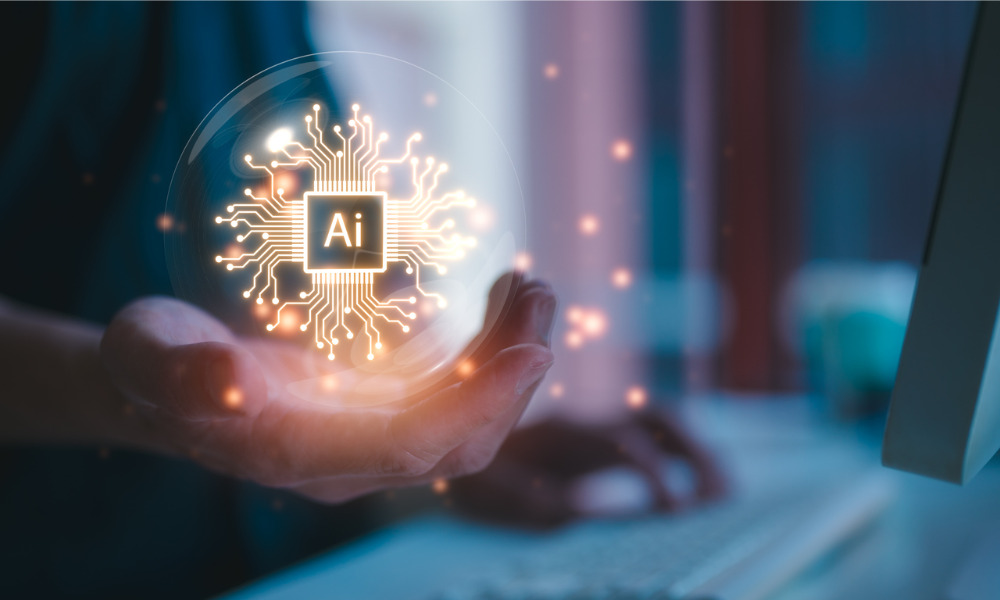
'Technological change and integration of new AI-based or automated systems is communicated poorly,' says report

Australian employees are feeling left out in the adoption of artificial intelligence in workplaces despite their enthusiasm about its integration, according to a new report.
"Australian workers are invisible bystanders in the adoption of artificial intelligence and automation into their work lives," read the report from the University of Technology Sydney's Human Technology Institute.
According to the report, workers don't feel like they're part of the innovation.
"Technological change and integration of new AI-based or automated systems is communicated poorly - either by edict or rumour," the report read.
AI and automation expertise are also sequestered to IT departments instead of being spread across the organisation, with training over them described as "cursory."
As a result, employees in the survey have low understanding of AI, low awareness on the ways it is deployed, and low trust that it will be implemented in the interest of workers.
'Genuine enthusiasm' flr AI
What is clear for employees, however, is the understanding that workplaces are in a transformative period in the interaction between technology and society.
In fact, the report said they are not "inherently opposed" to the adoption of AI in the workplace.
"Where these tools are used to assist, enhance, or complement human intelligence and labour, there is genuine enthusiasm for adoption of these tools," the report read.
The report came in the heels of the Senate Select Committee hearing on Adopting Artificial Intelligence, which seeks to look at the opportunities and impacts of growing AI adoptions.
According to the report, embedding human safeguards into the design of AI and automated solutions will be critical as employees have a clear sense of where the "ethical red lines are."
"The research reinforces emerging theories that the best technology is worker driven - not just via surface-level consultation but through in-depth co-design with those who will interact with these new systems first-hand everyday," the report read.
The Australian Council of Trade Unions also previously called on the government to ensure that "workers must be at the centre of decision-making on the future of AI and how it is regulated."